Famous Children's Stories with Moral Lessons
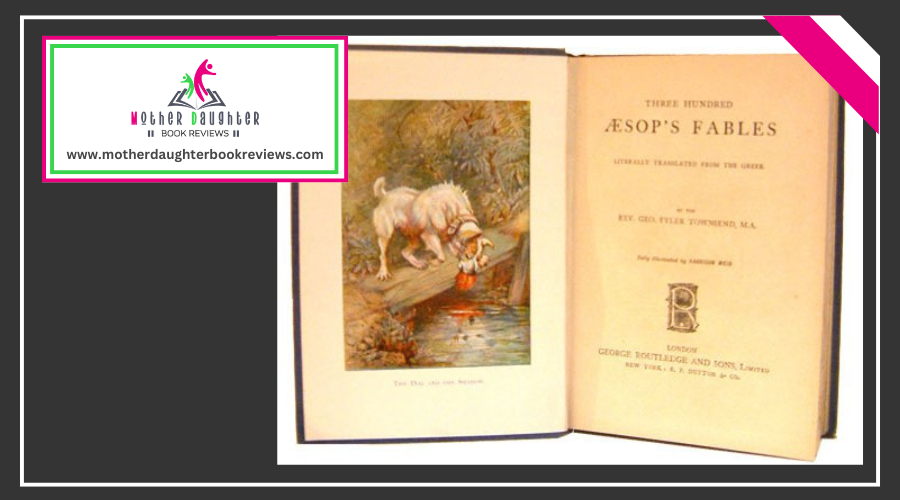
Timeless children's stories like "The Boy Who Cried Wolf" teach the importance of honesty, while "The Golden Touch" warns against the perils of unchecked greed. "The Fox and the Grapes" showcases how arrogance can lead to missed opportunities, while "The Proud Rose" reminds us that true worth lies within.
These fables, along with classics like "The Milkmaid and Her Pail," impart meaningful lessons on realistic expectations and prioritizing relationships. If you're intrigued by the morals hidden in these beloved tales, there's much more to uncover.
The Boy Who Cried Wolf
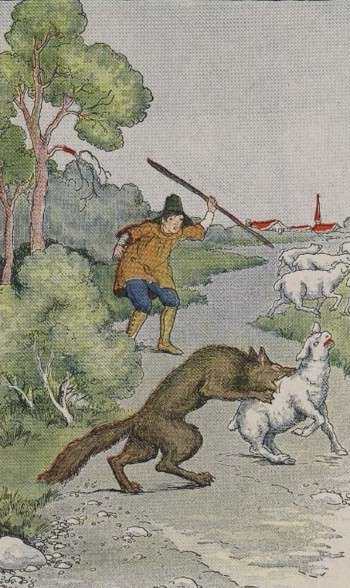
Although a young shepherd boy, he repeatedly tricked the villagers by falsely crying "Wolf!" to get attention. When a real wolf finally came, the villagers didn't believe him, and he lost his flock. This classic tale highlights the importance of honesty and the consequences of dishonest behavior. The moral people won't believe liars even when they tell the truth. The boy's actions destroyed the villagers' trust, leading to the loss of his sheep.
This story teaches that we all make mistakes; nevertheless, we should learn the difference between right and wrong. The moral lesson is clear: honesty is the best policy, and liars will not be believed. Like many of Aesop's fables exploring ethical character development, this story demonstrates how transparent communication builds trust within communities.
The Golden Touch
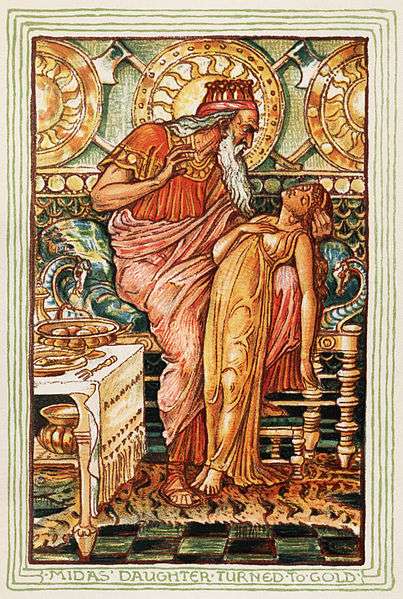
King Midas is another famous children's story that teaches an important lesson. Granted the power to turn everything he touched into gold, Midas excitedly transformed objects and food, but soon realized his "golden touch" was a curse.
When his beloved daughter was turned to gold from his embrace, Midas understood the dangers of his greed. Losing the ability to eat or hold his child, Midas asked the angel to take away his wish, learning that material wealth is not as prized as love and family.
The story of King Midas and the golden touch warns against the perils of unchecked greed, ultimately showing the importance of prioritizing relationships over riches. Like Hans and Schwartz in other tales, insatiable greed led to devastating consequences for those who valued wealth above all else.
The Fox and the Grapes

As a hungry fox strolled through the vineyard, it spotted some plump, juicy grapes hanging high on a wall. The fox desperately wanted to indulge in the tantalizing grapes, but despite its best efforts, it couldn't reach them. Frustrated, the fox convinced itself that the grapes must be sour, rationalizing its failure to obtain them.
The moral of this classic tale reminds us not to dismiss something just because it's difficult to attain. It teaches that one shouldn't be discouraged when something isn't immediately achievable, as the tendency to rationalize one's failures can lead to missed opportunities.
Through anthropomorphic storytelling, this fable effectively illustrates how human traits like pride and self-deception can influence our behavior.
The Proud Rose

Hubertl, Knock-Out-OriginalIMG 3830 Edit, CC BY 4.0
In a desert where the sun scorched the earth, a beautiful rose proudly stood, constantly mocking and looking down on a nearby cactus, convinced of its superior beauty. Other plants tried to defend the old cactus, but the rose remained obsessed with its looks.
During a hot summer, the rose withered away while the cactus provided water and shelter for sparrows. When the rose finally asked the cactus for water, the cactus readily agreed, teaching the rose a meaningful lesson - one should not judge by appearance, as true worth lies within.
The Milkmaid and Her Pail
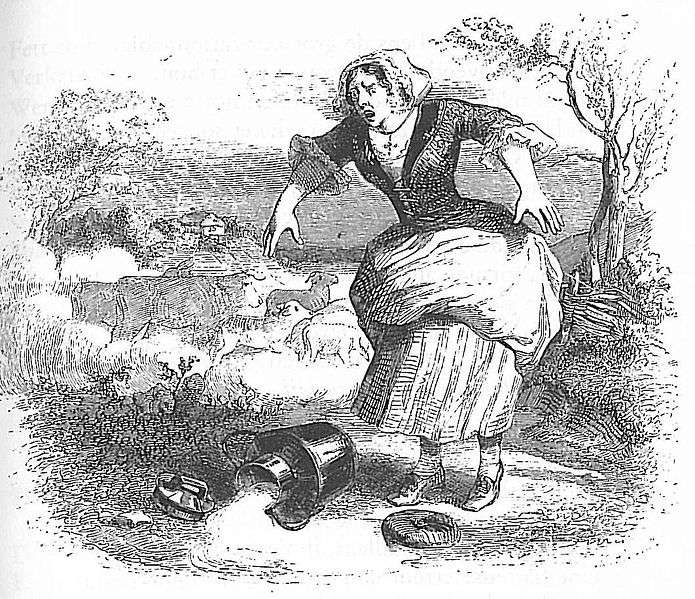
Molly the milkmaid balanced a full pail of milk on her head as she dreamed of the riches she would earn from selling it. One day, she envisioned buying a chicken and then selling its eggs. But her excitement caused her to spill the milk, leaving her with empty pails. Molly's mother reminded her not to count her chickens before they hatch.
This classic children's story teaches not to depend on something until it's certain. It emphasizes the importance of being realistic and not getting carried away with unrealistic expectations. The moral lesson in "The Milkmaid and Her Pail" is a timeless tale for young readers in short stories for kids.
A Wise Old Owl

Mdf, Strix-varia-005, CC BY-SA 3.0
Why did the wise old owl say so little, yet learn so much? As the old owl had seen and heard people talking about the incidents happening around his oak tree daily, he became wiser over time. The more the owl observed, the less he spoke. Here's what he learned:
- Observing closely teaches precious life lessons.
- Constant talk often leads to empty words.
- Patience and introspection are keys to true wisdom.
- Silence can be more powerful than endless chatter.
The old owl's experiences remind us to be more observant of the world around us. Whenever he got angry, he simply opened his eyes a little wider, taking in the important life lessons that the Stories in English can teach us.
The Golden Egg
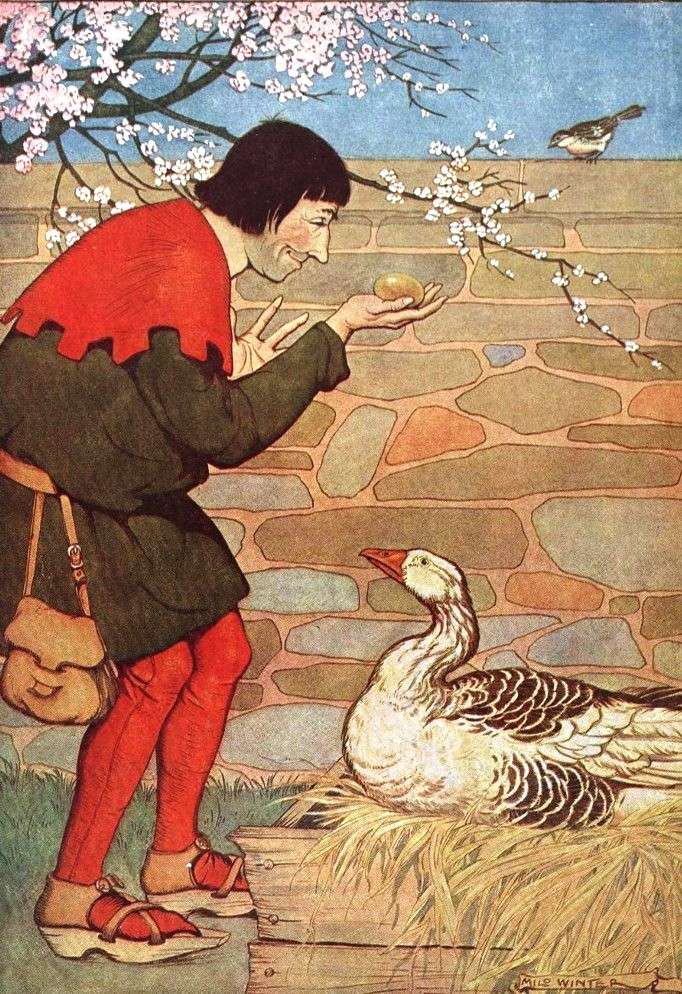
The tale of the Golden Egg serves as a cautionary reminder about the perils of unbridled greed. A countryman possessed a goose that laid one golden egg every day, a precious source of wealth. Yet, the impatient man, driven by greed, killed the goose, hoping to get all the golden eggs at once.
But upon cutting open the goose, he found only blood and guts, losing the priceless asset forever. The story emphasizes that trying to seize everything immediately can lead to losing cherished resources. The moral is clear: one should be content with what they have and avoid the temptation of greed.
The Farmer and the Well
A farmer had purchased a well from his neighbor; however, he was dismayed to learn that the neighbor didn’t allow him to draw any water. The neighbor claimed to have sold the well but retained ownership of the water within it.
Determined to resolve the matter, the farmer enlisted the help of the Emperor, who tricked the neighbor into either paying rent for the water or removing it all. This story emphasizes that:
- Cheating will not lead to success.
- Honesty and fairness are pivotal in agreements.
- The importance of clear and thorough contracts.
- The consequences of deceptive practices.
The moral of this tale highlights the value of integrity and transparency in all transactions.
The Tortoise and the Hare
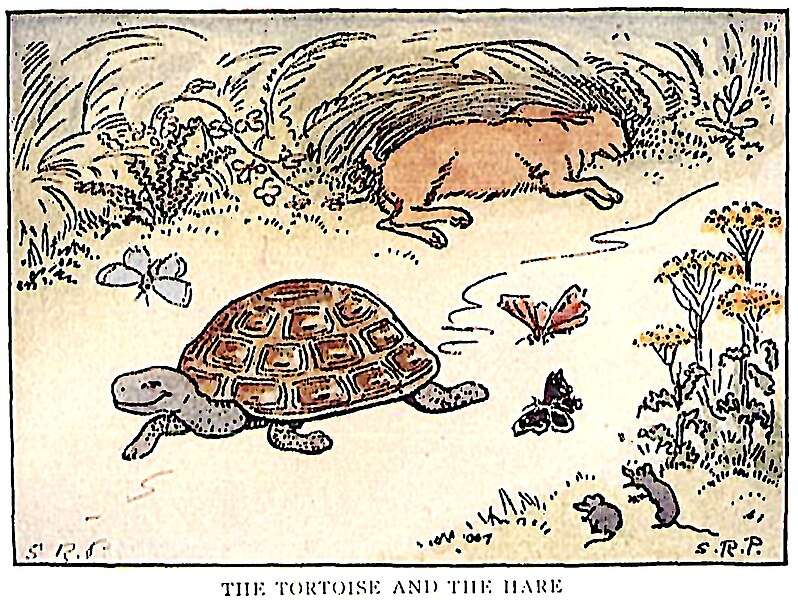
Another timeless children's fable, "The Tortoise and the Hare," has enthralled generations with its enduring moral. The story pits a boastful hare against a slow but steady tortoise in a race. While the hare races ahead and naps, the tortoise steadily continues to win.
This classic tale emphasizes how determination and a consistent, methodical approach can triumph over overconfidence and complacency. The lesson emphasizes the value of persistence, patience, and not underestimating one's opponent. Through this beloved story, children learn that slow and steady can indeed prevail, a lesson that strikes a chord long after the race is won.




